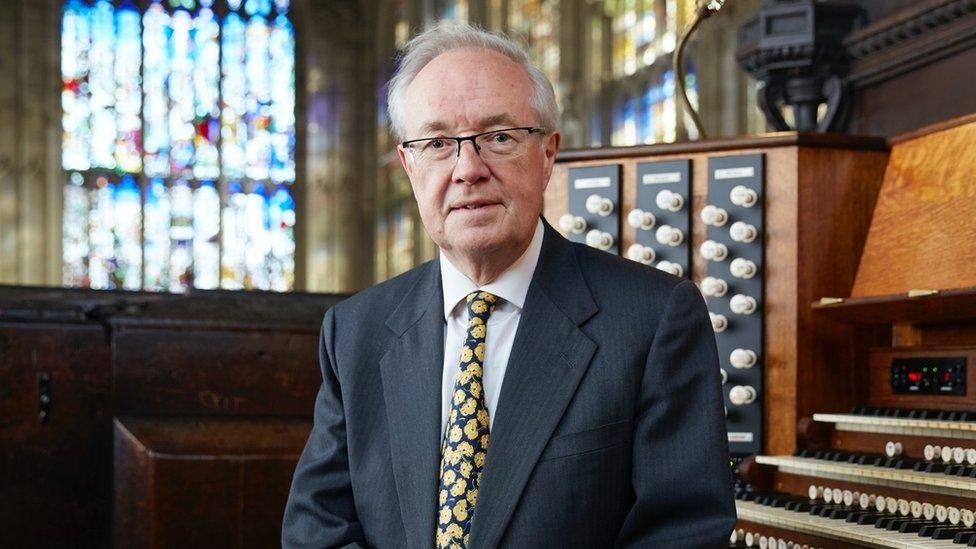Interviews with Leading Thinkers
Archival interviews with leading scientists, anthropologists, economists, ethno-musicologists, international travellers and others. Mostly interviewed and filmed by Professor Alan Macfarlane, with summaries and context provided by Sarah Harrison, and assistance from a group of scholars.
The interviews were started by Jack Goody in 1982. He arranged for the filming of seminars by Audrey Richards, Meyer Fortes and M.N.Srinivas. Since then, with the help of others, and particularly Sarah Harrison, Alan has filmed and edited over ninety archival interviews. Having started with leading anthropologists, my subjects have broadened to include other social scientists and, recently, biological and physical scientists.We started by using low-band U-matic tape and the quality is not good. Later, digital cameras became available and recent films (e.g. Geertz), were made on a Sony three chip camera using a radio microphone. Mark Turin managed to transfer films from a variety of formats to DV tapes and developed the web application. Sarah Harrison has done most of the later transfers to mp4 and has made the summaries of the interviews.Recently the advent of a large digital store in Cambridge, DSpace, has made it possible to mount the collection for the web. This has been done with the help of Tom de Mulder and Xiaoxiao Yan and financial support from the British Academy. We have also expanded the interviews from anthropology to other disciplines and interests. New films are being added quite frequently.
Generously supported by the Leverhulme Trust, Cambridge Rivers Project and Vanishing Worlds Foundation
Nobel Prize Laureates
Cambridge University's long history includes many Nobel Prize winners in different areas. The Nobel Prize honours people who have made great contributions to humanity in subjects like Physics, Chemistry, Medicine, Literature as well as Peace, and Economic Sciences. Alan Macfarlane sits down with Nobel Prize winners to learn about their innovative work, the influence of what they've found, and their thoughts on the future of their fields.
Anthropologists
Anthropologists are important for understanding and recording the variety of human cultures, behaviours, and societies worldwide and throughout history. They study how humans live, their beliefs, and how they interact with the environment by living among different groups and doing research. Their work gives us valuable knowledge about human experiences and influences public policy, social programs, and understanding between cultures.
Vice-Chancellors of the University of Cambridge
The University of Cambridge Vice-Chancellors lead a prestigious academic institution. Interviewing them reveals insights into the university's direction, academic excellence approach, and global role. Engaging with them provides their vision, views on educational challenges, and efforts for diversity, equity, and inclusion. Their experiences and initiatives offer valuable lessons for educational leaders and policymakers.
Masters of Oxbridge Colleges
By interviewing respected leaders of Cambridge Colleges, we discover how tradition and innovation come together in academia. These important figures share their thoughts on how education is changing in the 21st century, emphasising the pursuit of knowledge, building scholarly communities, and facing modern challenges. They also reveal the ways these colleges honour their history and values while adapting for the future.
Artists, musicians and poets
Through a series of in-depth conversations, we have documented a group of outstanding figures from contemporary art, music, and literature. These creators, hailing from diverse cultural backgrounds, interpret the interplay between tradition and modernity through their unique artistic languages, while exploring the boundaries and possibilities of culture.
People who worked with China
Interviews with individuals who have engaged with China are crucial for gaining insight into the complexities of China's culture, history, and current affairs. By hearing firsthand experiences and perspectives from people who have interacted with China, we can better understand the nuances of its society and the impact of its global connections.






